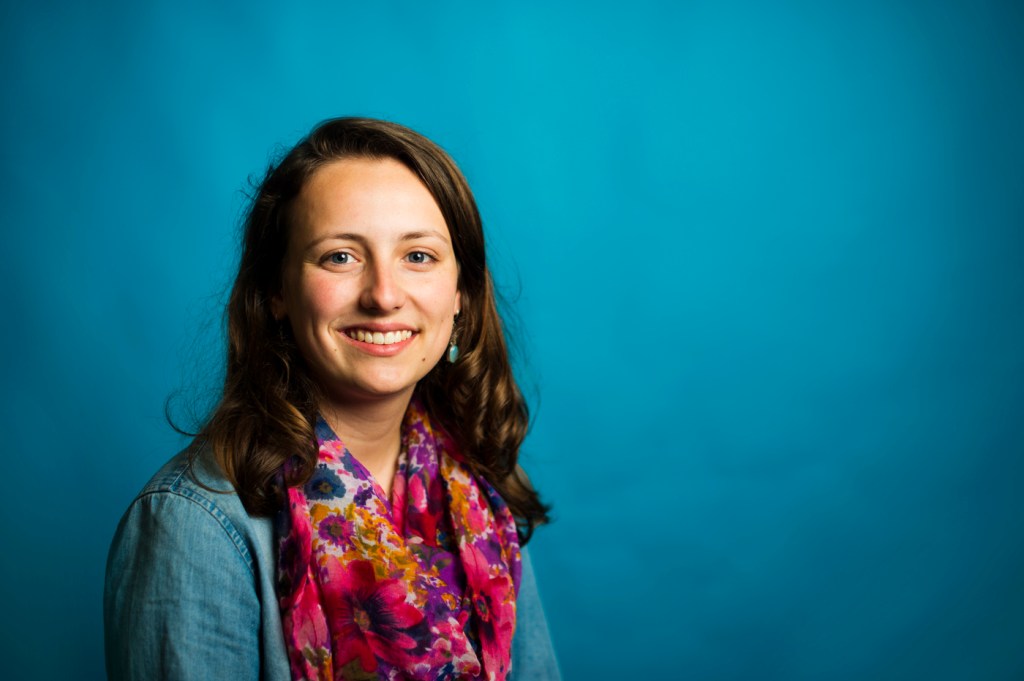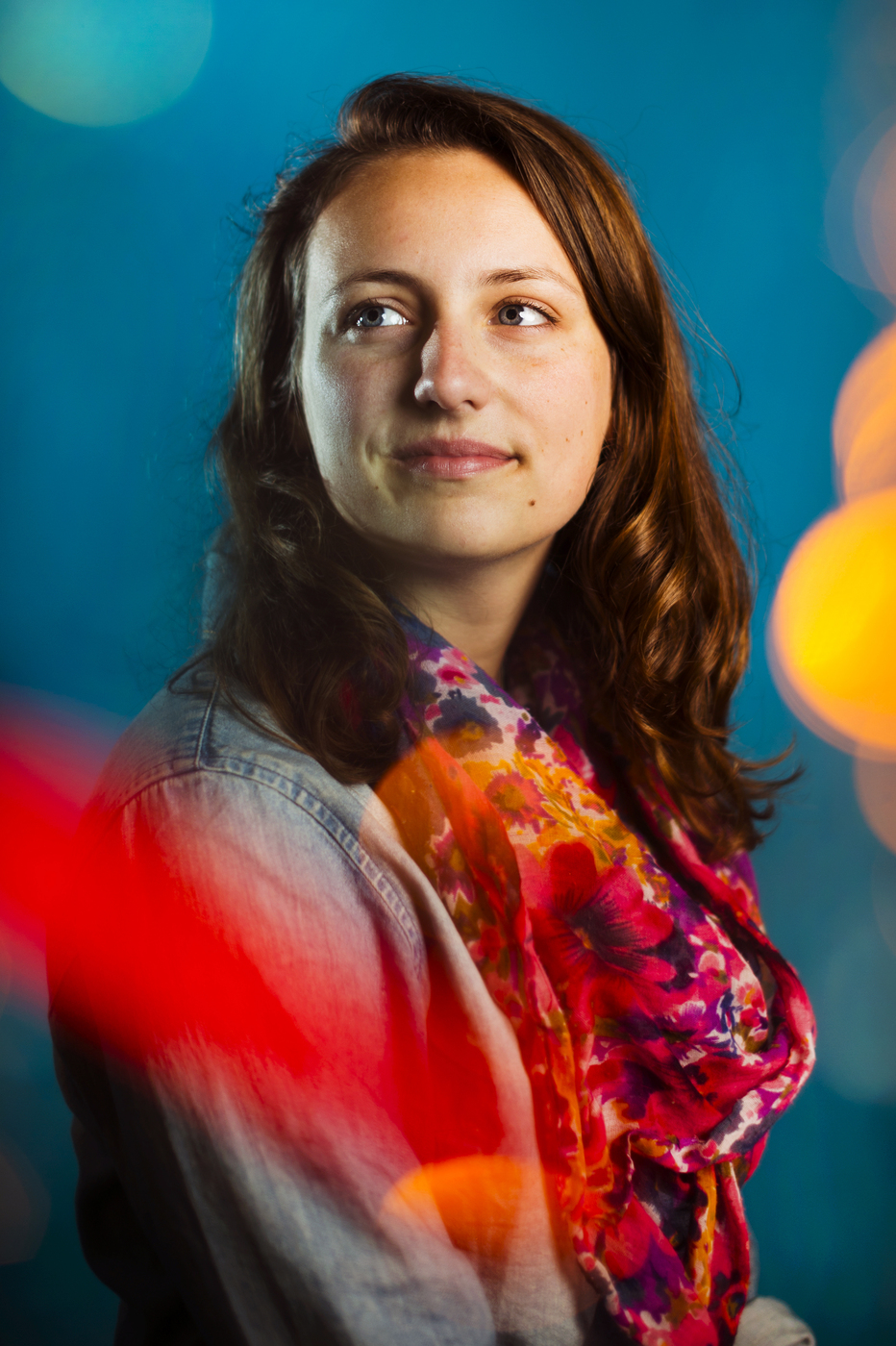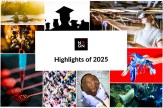Meet the graduates: Miranda Beggin

Miranda Beggin, SSH’17, DMSB’17, is the quintessential global citizen, having worked and studied in six countries while at Northeastern. Here, she reflects on her experience and looks ahead to her future in international development.
You studied political science and business administration. What’s next?
I received a Critical Language Scholarship from the U.S. State Department to spend the summer studying Arabic and living with a host family in Morocco. After Morocco, I’ll begin working at Third Sector Capital Partners, a nonprofit advisory firm in Boston that’s focused on finding innovative ways to solve social problems.
My long term goal is to work in international development. I did my third and final co-op in Jordan, as an investment analyst for the startup accelerator Oasis500, and I planned to begin my career working on international issues. But after the presidential election, it became clear that there was a lot of work to do in the U.S. For the next few years, I want to focus on issues here while further developing the skills I need to make an impact abroad. But I eventually plan to go to graduate school to study international development or a related field and will hopefully end up working on women’s issues in the Middle East.
Your undergraduate accomplishments run deep, from completing a microfinance field study in Cuba and the Dominican Republic to studying abroad at the London School of Economics and Political Science. What would you categorize as your biggest achievement at Northeastern?
I grew up in an upper middle class family, sheltered from a lot of the problems that exist in the world. But many of my experiences while I was at Northeastern forced me out of my comfort zone. Whether it was working as a client advocate at LIFT Boston, an advocacy program for low-income community members, or doing co-op in Jordan while initially trying to learn Arabic, my repeated attempts to push myself out of my bubble are something I’m very proud of.
How have your research experiences—namely studying credit access in Tunisia and working in Saudi Arabia to research economic diversification policies in Gulf countries—prepared you for the next phase of your life?
My Saudi Arabia experience was transformative. It changed my perspective of the country and the challenges it faces. But it also made me realize that the international community is much more nuanced than the black and white way in which the U.S. media tends to portray certain countries. If I had not been exposed to the Middle East region during my time at Northeastern, I think I would have a very hard time adjusting to Morocco’s culture through my Critical Language Scholarship. It will be a challenge, but it’s one I’m now prepared to meet.
You were active on campus, serving as investment lead at IDEA and president and head delegate for the International Relations Council. How have these experiences shaped your leadership values?
As a leader, I learned to reflect on the mistakes I made in an effort to improve my future decision-making. I also discovered the importance of delegating, a lesson I learned when I was simultaneously serving as president of Northeastern’s International Relations Council and secretary general of a regional Model Arab League Conference. In addition, I’ve realized that it’s important to be flexible, to understand how others work best, and to manage in such as way that suits individual learning styles.

Photo by Adam Glanzman/Northeastern University
Describe your fondest memory of the past five years
In 2014, I participated in the Social Enterprise Institute’s monthlong international field study program to Cuba and the Dominican Republic. Every day, I would go into the field to talk with Spanish-speaking borrowers of a microfinance institution to determine ways to improve the financial products offered to them. But I also ran another project, for which I helped to distribute 1,500 reading glasses to low-income Dominican people while training them how to perform their own vision tests. On the final day of this project, I watched as one community member performed eye exams on other members of her community, and it was a beautiful moment. I could see how proud and happy she was that she had done something valuable for her neighbors. To be part of that was an incredible experience and something that I’ll never forget.
What will you miss most about the Northeastern community?
I’ll miss all the people I developed bonds with through the work we did together. The most meaningful relationships I developed were with people I met due to our shared passions. And that’s something I’ll be looking for in the future—ways to get involved in Boston so that I can still connect with like-minded people over something we really love. One of my favorite campus communities was the Social Enterprise Institute. There I was surrounded by the most humble and empathetic people, who did amazing work both domestically and globally and whom I learned to model myself after.
What advice do you have for incoming students?
I have two pieces of advice. First, don’t get overwhelmed by all of the amazing students around you. Instead, use their success to motivate you to continue pursuing what is most interesting and exciting to you. Second, you don’t always have to look beyond Boston for life-changing opportunities—you can expand what you know, question your perspectives, and develop a more empathetic worldview right here. My experience at LIFT Boston prepared me for my subsequent global experiences. So get involved in Northeastern’s surrounding neighborhoods and use that experience as a learning tool.





